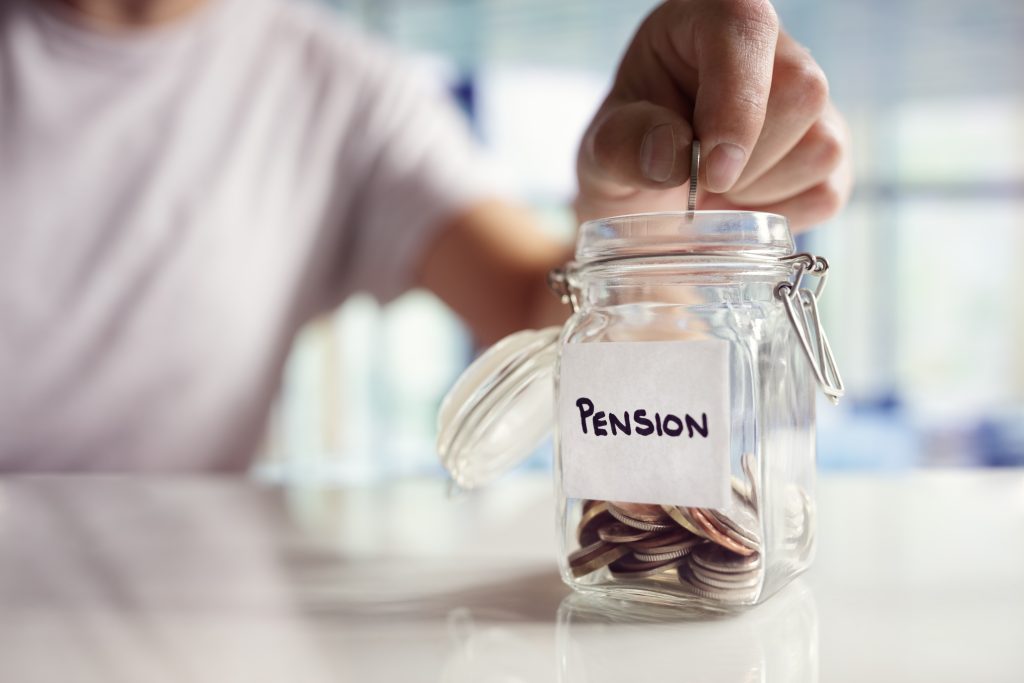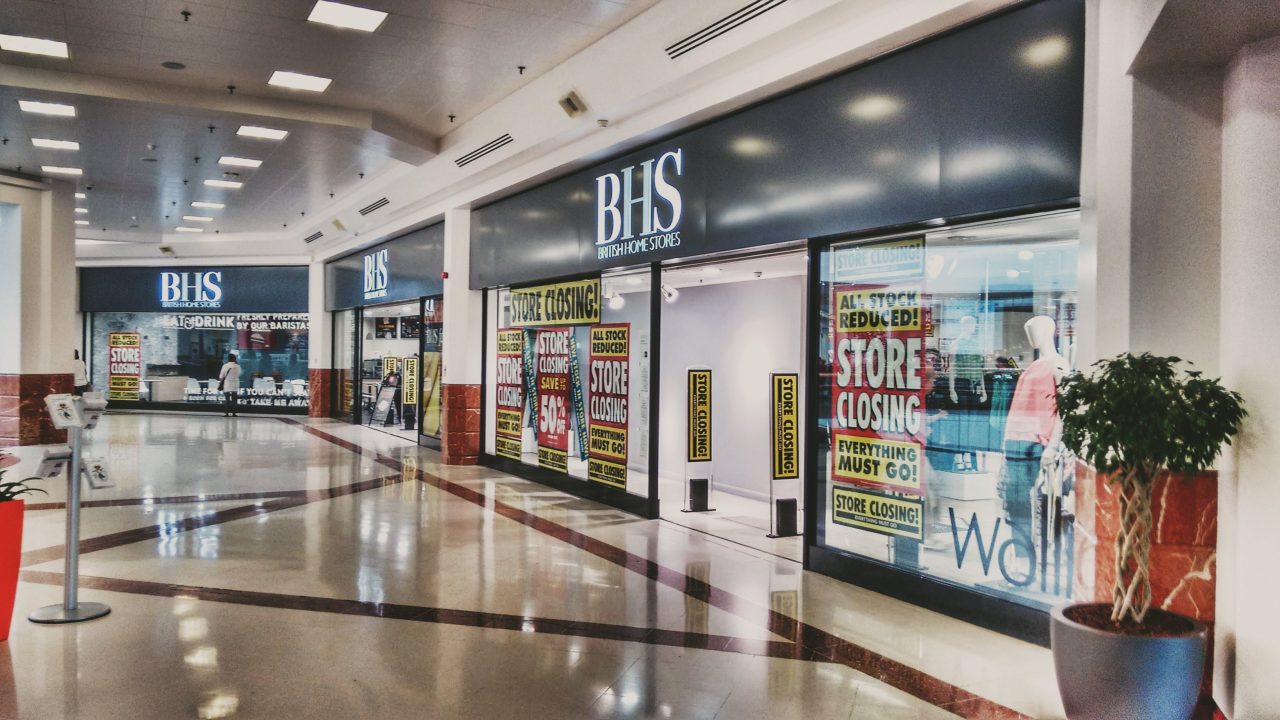
The BHS auditors turned a blind eye to the things that were going on. That almost cost workers their pension.
British Home Stores (BHS) was a high street fixture from its foundation in 1928 until its collapse in 2016 when all its 163 UK stores and 74 international stores were permanently shut and 11,000 employees lost their jobs. Much of the blame for BHS’ collapse was ascribed to Philip Green, who had bought the chain in 2000 and then sold it on to Dominic Chappell, a person who had been bankrupt several times, for just £1 in 2015.
While Green was in charge, BHS lost money, around £70m a year from 2007 to 2014 and a hole opened up in the previously healthy pension scheme, in part due to poor returns on investments. The Pensions Regulator, in their report into the collapse of the company, concluded that Green sold the company in order to avoid paying the pensions deficit. BHS finally went into administration in 2016, after administrators were unable to find a buyer for the company. (An online store called bhs.com started trading in 2019.)
BHS’s auditors, PwC, were found in 2018 to have published an “incomplete, inaccurate and misleading” report into the firm in the run up to its sale to Chapppell. The Financial Reporting Council investigation found inadequate supervision of staff carrying out the audit work, failure to review papers in areas PwC themselves had identified as high risk.
PwC were also making money selling non-audit services to the Taveta Group, who owned BHS, a conflict of interest. The report highlighted that the pension deficit should have been further investigated by the auditors when deciding if BHS could continue operating in the future. PwC were fined a then record £6.5 million.

Lin Macmillan, a retired woman now living in Scotland, worked at BHS for many years, before moving on to another employer. She retired in 2015 and started drawing her BHS pension - just before the company collapsed.
It was a year or so after I left university and I was in a job that I wasn't happy in. I saw a job advertised as the office manager for BHS in Aberdeen, which is where I was living at the time. I applied for it, and I got it. BHS was very different in those days from how it ended up. It was quite paternalistic and, in a way, very hierarchical. But there was a real sense of family, I think.
Then my partner moved down to a job in Lincolnshire, and I moved down. I asked BHS if I could have a transfer and they said that the Lincoln branch had a management vacancy. So I went and transferred there. During the time I was in Aberdeen, I was involved in opening up stores in the Middle East in Oman and in Dubai. And I was also involved in closing down food halls, which they dispensed with in the late 80s - they were no longer profitable. So I had quite a varied career.
In 2015, I reached 60, and was able to start drawing my BHS pension. I think it must have been 2016 when I suddenly got a letter from the pension trustees. And it mentioned the possibility of the pension fund going into the Pension Protection Fund if ever the company became insolvent - and that started to ring alarm bells.
I started to think back to the last few times I'd been in a BHS store. The stores were looking really shabby. Things like the locks were broken on fitting rooms, there was a lot of dust piling up into corners. And I even went into a store and found that the escalator wasn't working, and somebody said, “Oh, we can't afford to get it repaired.” There were very few customers and the stock was not enticing.
It became apparent that Philip Green had been using BHS for 15 years to line the pockets of himself and his family, and just not investing in it at all. One of the things about retailing is that you need to be investing all the time, you need to be refreshing the products, and you need to be refreshing the environment in which you're selling them. Because it soon starts to look shabby if you don't. So I started to realise what Green has been up to all these years. And effectively it was just asset stripping (selling off parts of the company for a profit without any plan for the future), and there was this huge hole in the pension fund.
I was in a less bad place than some other people because I was already getting my pension. If the Pension Fund had to be rescued by the Pension Protection Fund, I would have continued to get my pension at the existing rate, but there would never have been a cost of living rise. So over the years inflation would erode it. But for people who have not yet drawn their pension, people who were still working at BHS, people who were not yet at pensionable age, they were only going to get 90% of their pension if it went into the PPF.
My partner said to me, “you ought to do something about this”. I wrote a letter to a newspaper and it got published, then Radio Five Live phoned me up and it just absolutely snowballed from there. I campaigned for Philip Green to “Sell the yachts and pay the pensions” because around the time BHS went bust he spent vast amounts of money on a new yacht.
In the end, he did stump up, I think it was 361 million, which meant that the pension scheme didn't have to go into the Pension Protection Fund. I think he did that partly because of the pressure.
The BHS pension fund has actually been bought out by an insurance company, which is the way a lot of pension schemes are going nowadays. And that means that it's pretty secure now. I mean, nobody's ever going to get rich on it. Partly because wages in retailing are not high in the first place. But it has meant that people will get the pensions that they were entitled to.
I now serve as a trustee for the Church of Scotland’s pension fund, so I have learned a lot about how pensions work. I think some of the previous trustees of the BHS Pension Fund had allowed Green to railroad them into allowing things to happen. At one point they allowed Green to phase the payments that he would make [to cover the gap in the pension fund] over 20 years. Well, that's, that's not something that I think the regulator would allow now.
I don't think the auditor came out of this very well either. And I think if you look at some of the other things that have gone on some of the other big bankruptcies that have happened, you wonder just where the auditors work. And I think quite often big companies get into cosy relationships with their auditors. The Church of Scotland, where I worked for the last 16 years, has a policy now of changing its auditors every three years. And I think more companies, I think that that should actually be a regulatory thing. Obviously the BHS auditors turned a blind eye to some of the things that were going on.



